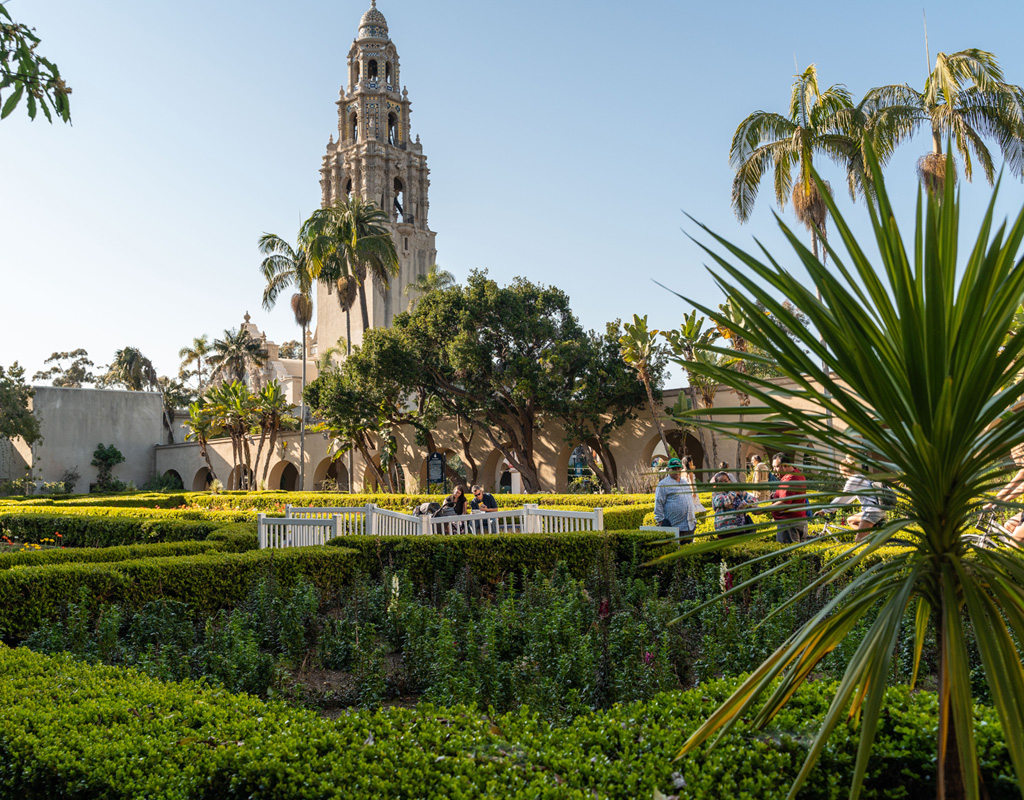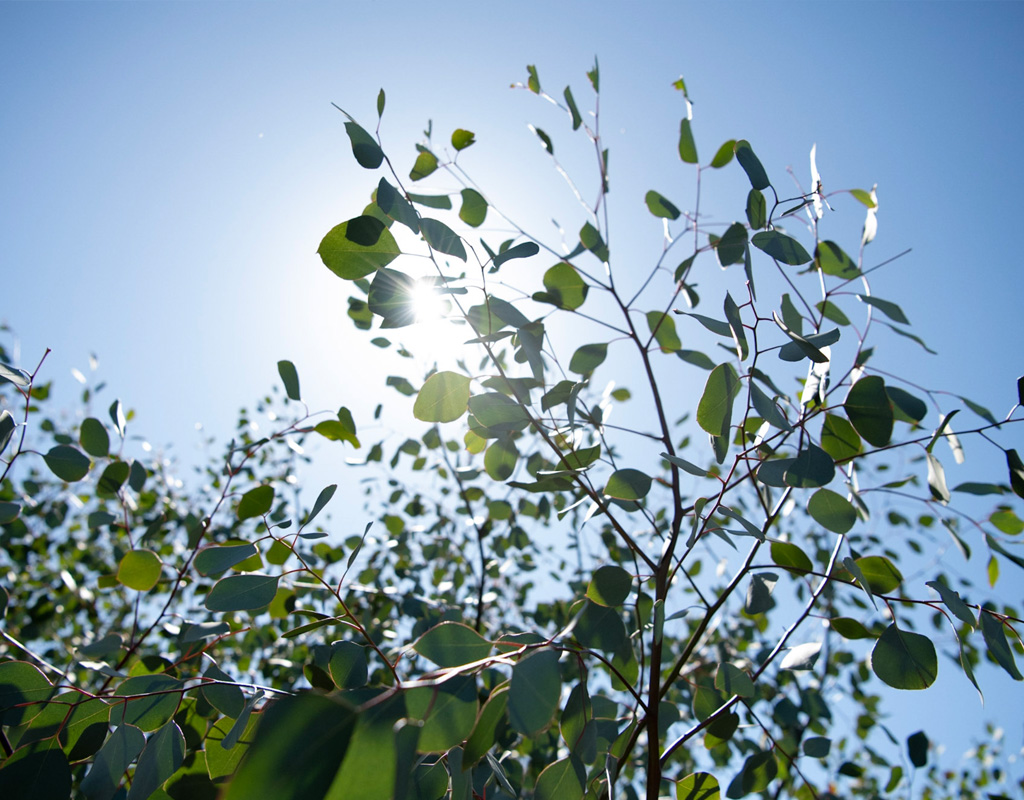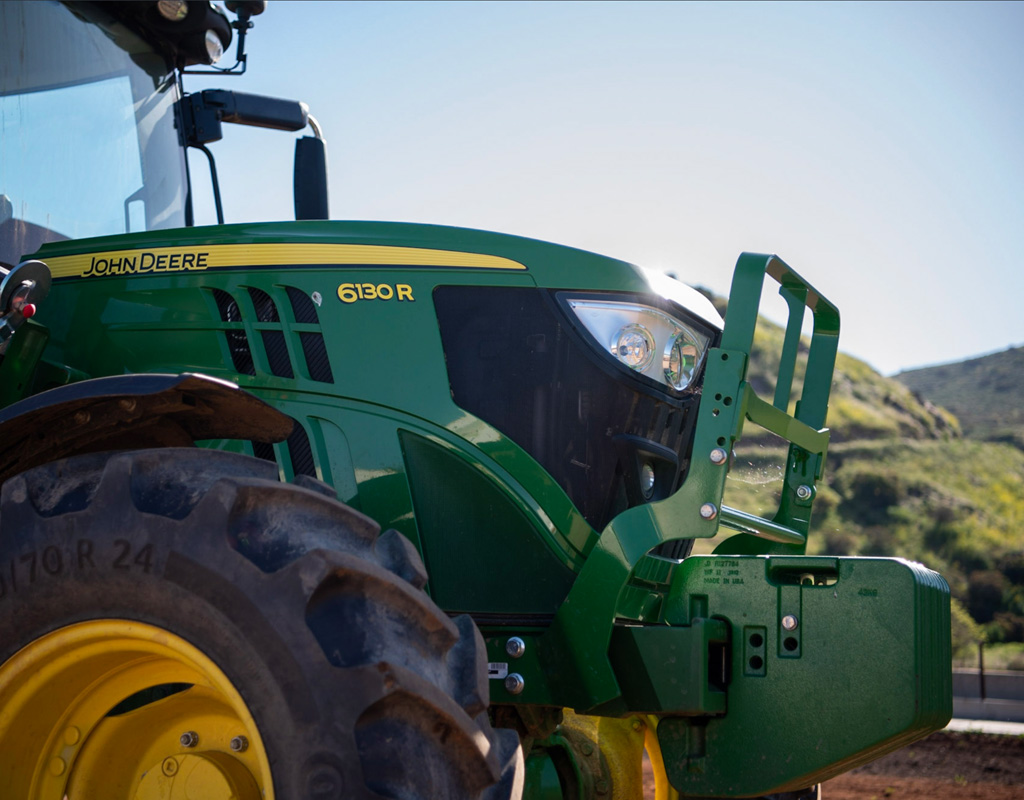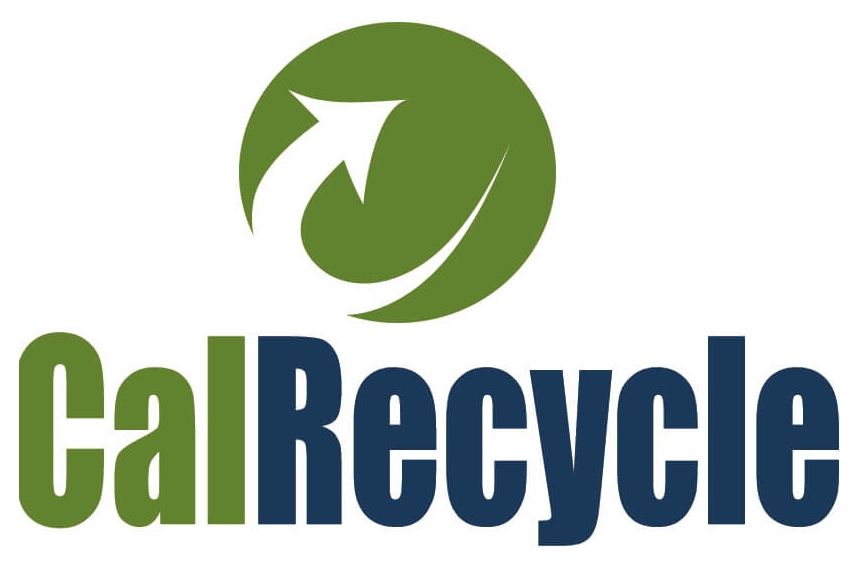Organic Waste Recycling
Organic Waste Recycling
The City of San Diego and private hauler partners are rolling out new green bins for weekly organic waste collection for homes and businesses.
Organic waste recycling is easy! Simply collect your food scraps - such as fruit, vegetables, meat, bones, eggshells and food-soiled paper - and place them in a kitchen pail or other collection container. After meals, you can also scrape your plate into the container, and then when it’s full, empty the contents into the green bin outside for weekly collection. Your yard waste can also go in the green bin. Your trash and mixed recycling bins will continue to be collected as normal. If your home or business is serviced by a private hauler, please check with them for your collection schedule.
Green Bin Tips
To Make Organic Waste Recycling Hassle Free
Learn what types of waste are
Good For The Green Bin


Zero Waste by 2040
Environmental Benefits
Organic waste recycling is an important part of the City’s efforts to combat climate change and work toward a Zero Waste future.

When organic waste is recycled, it becomes a renewable resource - creating compost and mulch to nourish our gardens, parks, farms and open spaces.
When organic waste sits in landfills it releases methane, a hazardous air pollutant for our environment that traps the sun’s heat, warms the atmosphere and accelerates climate change. Recycling organic waste will significantly reduce greenhouse gas emissions.


Recycled Organic waste can produce renewable natural gas that could be used for cooking, powering engines and more.
Compost applied to soil also increases moisture retention and aids in water conservation, which is especially important given San Diego’s drought-prone environment.


CalRecycle works to inspire and challenge Californians to reduce, recycle and reuse waste, which has led to California leading the nation with an approximate 65% diversion rate for all materials. Visit the CalRecycle website for more information about their important efforts and to learn more about the statewide Senate Bill 1383.